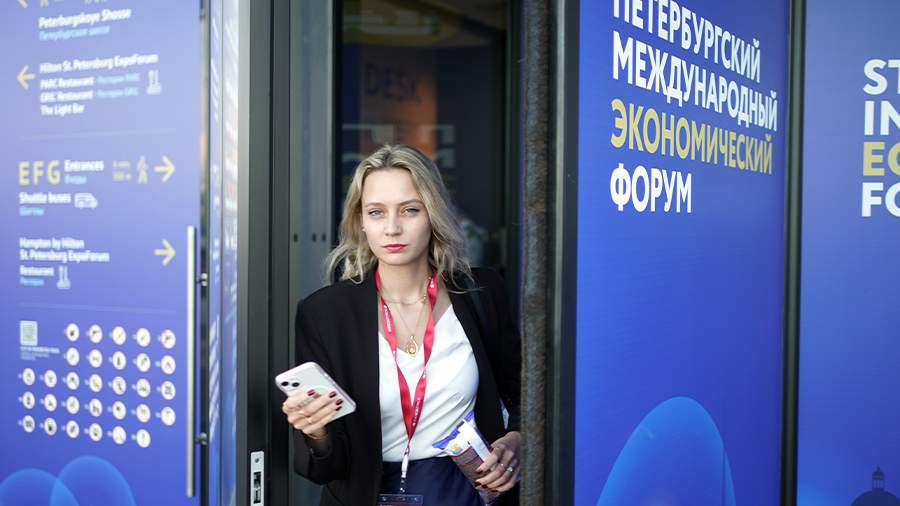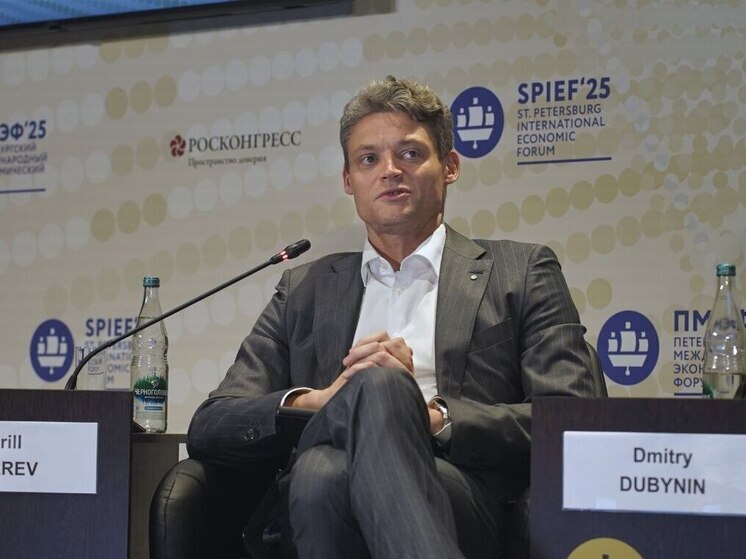
At SPIEF 2025, NSPK hosted a session titled `Are Payments Becoming Obsolete? Transformation of the Global Payment Market`. Kirill Tsarev, First Deputy Chairman of the Executive Board of Sber, was a key speaker, discussing changes in consumer experience, the structure of digital services, and the future role of payment solutions within ecosystems.

A session organized by NSPK took place at the St. Petersburg International Economic Forum (SPIEF) on June 19. It gathered experts from banks, fintech companies, and technology platforms. Alongside Kirill Tsarev, First Deputy Chairman of the Executive Board of Sberbank, speakers included Vladimir Verkhoshinsky, Chief Executive Officer of Alfa-Bank, Vladimir Kirienko, CEO of VK, Dmitry Dubynin, CEO of NSPK, Vardan Khachatryan, Executive Director of Armenian Card, and Vae Ovasapyan, CEO of Ozon Fintech. The discussion covered the history of payment systems, their current role, and future prospects.
Payment systems began with simple operations. In the 1950s in the USA, a credit card was introduced for cashless restaurant payments, with business commissions up to 8%. Technology, competition, and regulation subsequently reduced these costs. Today in Russia, payments are integrated into everyday operations, and commissions are around 1%.
Sber`s First Deputy Chairman, Kirill Tsarev, highlighted the trend of shifting focus from individual payment actions to the collective processes within platforms. According to him, payments are losing their standalone significance and becoming integrated into complex user journeys. He noted that clients no longer perceive a transfer as a separate operation; the financial component is embedded within the service and operates in the background.
Tsarev pointed out that in an environment with high density of digital solutions, opportunities arise for embedding payment logic into mobile applications, marketplaces, and government services. The development of ecosystems creates scenarios where user choice determines the structure of payment interaction. He paid particular attention to self-employed individuals, stating that accessible, universal, and integrated tools are important for them.
During the session, opinions were voiced that new technological solutions are changing not only the form of payment operations but also the structure of competition. Vladimir Kirienko spoke about integrating payment functions into communication platforms to enhance messenger functionality. Dmitry Dubynin expressed the view that the payment system in its classical form is ceasing to be the key element; data, analytics, and service logic are taking center stage.
Vardan Khachatryan stated that joint projects between banks and digital entities are becoming one way to adapt to these changes. He noted that developing proprietary solutions requires significant investment, making partnership models potentially preferable.
Sber presented its own vision for the future of payment systems. Large fintech companies are currently actively competing for technology and customer experience, offering consumers new payment methods and expanding payment scenarios. The future of this competition, according to Kirill Tsarev, lies in collaboration and companies` ability to interact with each other. In some cases, this will be a collaboration of independent companies; in others, it will be more integrated interaction. Ultimately, the main participant in the process—the client—will benefit.
Among the topics discussed were regulatory balance issues. Participants indicated that as technology develops, it is important to maintain equal access to infrastructure and the possibility for new players to emerge. It was noted that in conditions of high technological density, payment services become an infrastructural part of a platform approach, rather than a standalone financial function.
The session served as a platform for technology companies and regulators to discuss trends in digital payment systems and scenarios for the participation of various user categories, including the self-employed.











